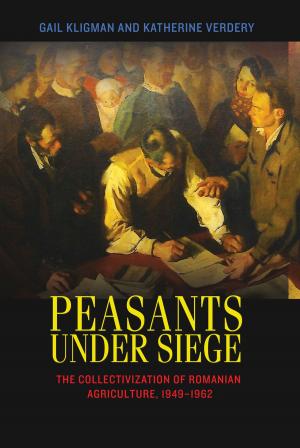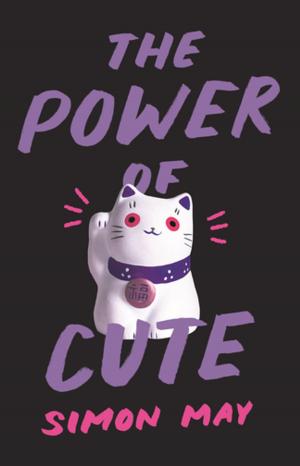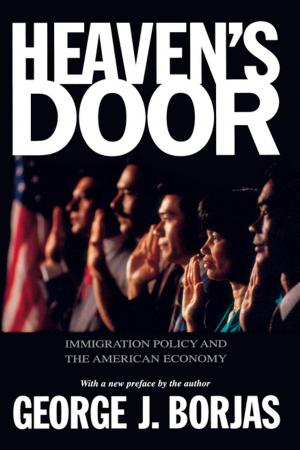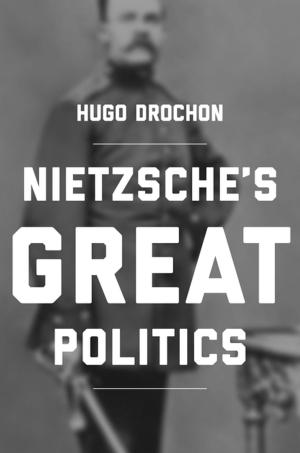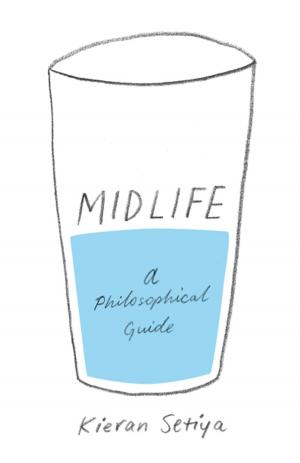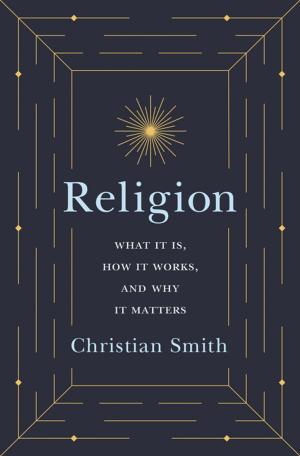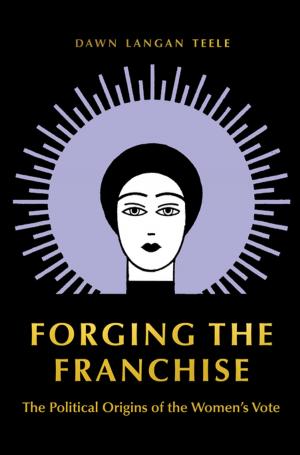Digital Renaissance
What Data and Economics Tell Us about the Future of Popular Culture
Business & Finance, Industries & Professions, Industries, Economics| Author: | Joel Waldfogel | ISBN: | 9780691185439 |
| Publisher: | Princeton University Press | Publication: | November 13, 2018 |
| Imprint: | Princeton University Press | Language: | English |
| Author: | Joel Waldfogel |
| ISBN: | 9780691185439 |
| Publisher: | Princeton University Press |
| Publication: | November 13, 2018 |
| Imprint: | Princeton University Press |
| Language: | English |
How digital technology is upending the traditional creative industries—and why that might be a good thing
The digital revolution poses a mortal threat to the major creative industries—music, publishing, television, and the movies. The ease with which digital files can be copied and distributed has unleashed a wave of piracy with disastrous effects on revenue. Cheap, easy self-publishing is eroding the position of these gatekeepers and guardians of culture. Does this revolution herald the collapse of culture, as some commentators claim? Far from it. In Digital Renaissance, Joel Waldfogel argues that digital technology is enabling a new golden age of popular culture, a veritable digital renaissance.
By reducing the costs of production, distribution, and promotion, digital technology is democratizing access to the cultural marketplace. More books, songs, television shows, and movies are being produced than ever before. Nor does this mean a tidal wave of derivative, poorly produced kitsch; analyzing decades of production and sales data, as well as bestseller and best-of lists, Waldfogel finds that the new digital model is just as successful at producing high-quality, successful work as the old industry model, and in many cases more so. The vaunted gatekeeper role of the creative industries proves to have been largely mythical. The high costs of production have stifled creativity in industries that require ever-bigger blockbusters to cover the losses on ever-more-expensive failures.
Are we drowning in a tide of cultural silt, or living in a golden age for culture? The answers in Digital Renaissance may surprise you.
How digital technology is upending the traditional creative industries—and why that might be a good thing
The digital revolution poses a mortal threat to the major creative industries—music, publishing, television, and the movies. The ease with which digital files can be copied and distributed has unleashed a wave of piracy with disastrous effects on revenue. Cheap, easy self-publishing is eroding the position of these gatekeepers and guardians of culture. Does this revolution herald the collapse of culture, as some commentators claim? Far from it. In Digital Renaissance, Joel Waldfogel argues that digital technology is enabling a new golden age of popular culture, a veritable digital renaissance.
By reducing the costs of production, distribution, and promotion, digital technology is democratizing access to the cultural marketplace. More books, songs, television shows, and movies are being produced than ever before. Nor does this mean a tidal wave of derivative, poorly produced kitsch; analyzing decades of production and sales data, as well as bestseller and best-of lists, Waldfogel finds that the new digital model is just as successful at producing high-quality, successful work as the old industry model, and in many cases more so. The vaunted gatekeeper role of the creative industries proves to have been largely mythical. The high costs of production have stifled creativity in industries that require ever-bigger blockbusters to cover the losses on ever-more-expensive failures.
Are we drowning in a tide of cultural silt, or living in a golden age for culture? The answers in Digital Renaissance may surprise you.

